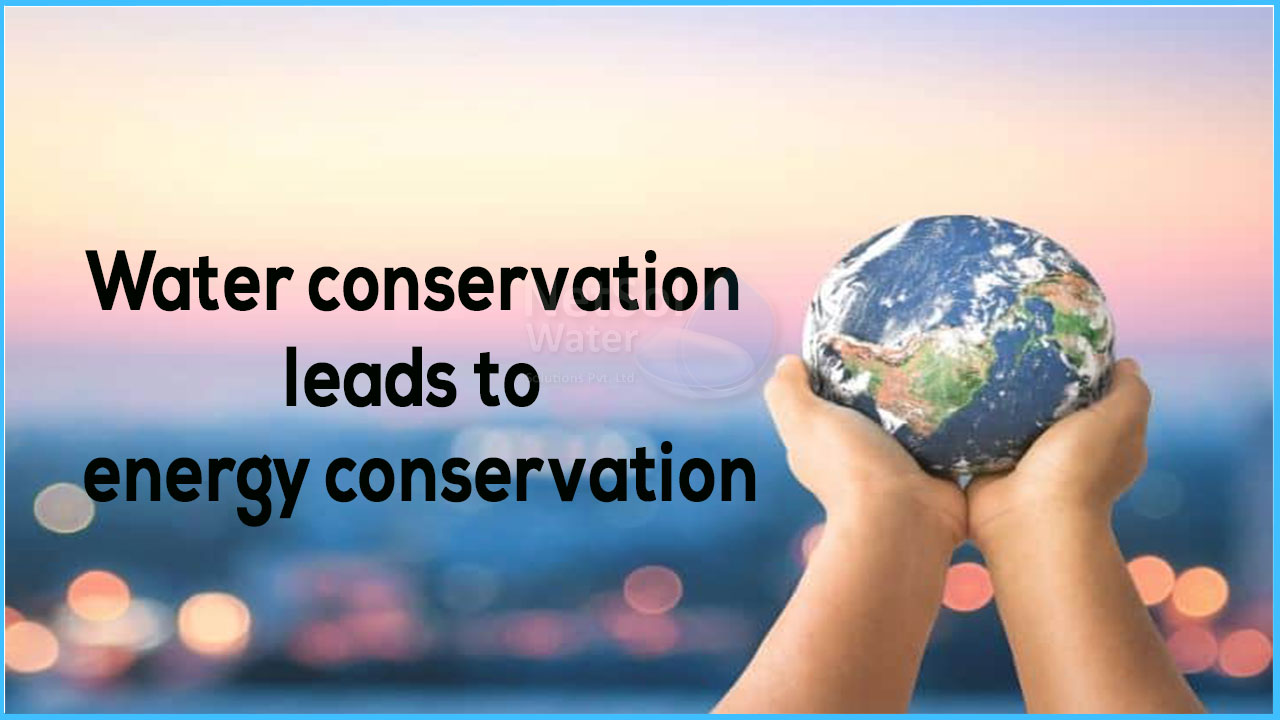With concerns about climate change, widespread droughts, and rising energy prices across the country, practically everyone is looking for methods to save money and protect resources. Water utilities utilize energy to pump, treat, and distribute potable water, while customers use energy to heat, cool, and/or pressurize their water, and wastewater utilities use energy to treat and discharge wastewater. Water utilities and customers can save energy by conserving water. Energy and water savings, on the other hand, result into direct savings on customers' energy and water costs. Water conservation is an essential, but neglected, chance to save significant amounts of energy. Water conservation is in line with the overall objectives and is a critical component of a more sustainable future.
WHAT IS WATER CONSERVATION?
Water conservation is the practice of utilizing water efficiently in order to reduce waste. Water conservation is critical since fresh, clean water is both a finite and expensive resource. As a homeowner, you're presumably well aware of the financial implications of poor water usage. The ecosystem and our pockets both depend on the conservation of this natural resource.
ENERGY USED FOR WATER
Water has energy embedded in it. Pumping groundwater, moving surface water supplies, treating raw water to potable levels, and distributing it to customers all require energy.Customers use energy to heat, cool, and pressurize water, while wastewater treatment plants utilize energy to process wastewater before releasing it into the environment. The quantity of energy embedded in water, its energy intensity varies significantly depending on the raw water source, end use, and discharge water quality criteria.Groundwater extracted from greater depths, water delivered over longer distances, and lower quality water requiring more advanced treatment will all require more energy than present supplies.
WATER AND ENERGY CONSERVATION
Customers can save a lot of money on their energy costs if they take steps to save electricity and/or natural gas. Water conservation methods save variable amounts of energy. All water conservation strategies lower the amount of water pumped from underground or surface sources, processed, and provided to customers, saving energy at each stage.Water conservation methods can help utilities save money by lowering the need to pump, treat, and distribute water and wastewater. Saving hot water, on the other hand, has the greatest potential for energy savings. Indoor water conservation also reduces the amount of water that flows to a wastewater treatment facility, saving electricity at the plant. The single most important aspect of the energy intensity of each gallon saved energy utilized by the customer is indoor measures that save hot water.
ADVANTAGES OF THIS APPROACH
- 1. It is an eco-friendly approach which benefits environment in two aspects by saving energy and water.
- 2. It can cut off the expensive bills of the customers.
- 3. This approach is a futurist approach which helps in saving resources for the future generation also.
CONCLUSION
Everyone is looking for ways to save money and conserve resources. Installing water–efficient goods is one of the simplest methods to save both water and energy. NETSOL WATER offers designated items that help you save water while also lowering your energy expenditures.



